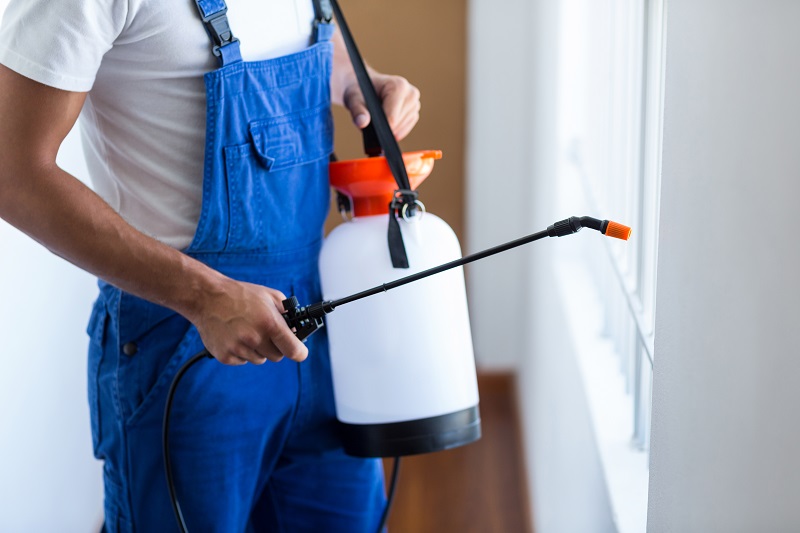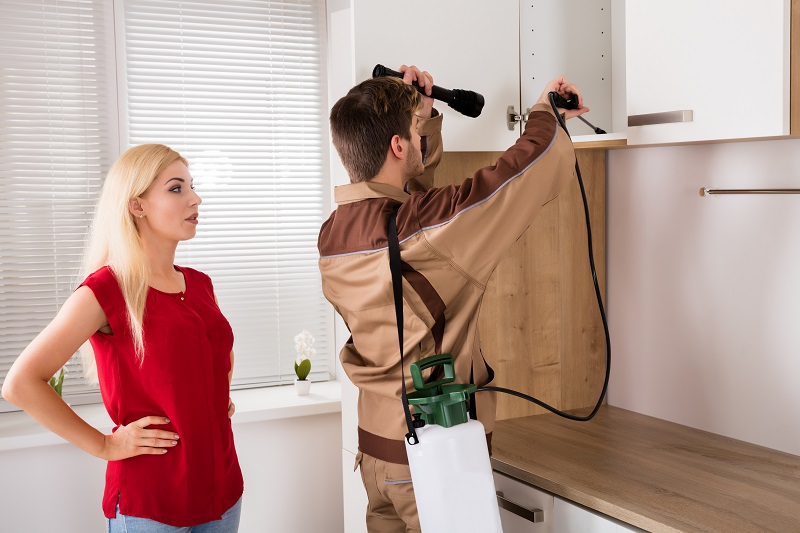Pests do more than annoy people. Such pests are detrimental for health, hygiene, physical properties, and comfort. In homes and workspaces, bats wreak havoc on structures, food poisoning, and a whole lot of unhygienic environments: ants, termites, rodents, cockroaches, spiders, etc. Certain pest control measures must be adopted to keep the environment clean, safe, and healthy.
Understanding the Need for Pest Control
Pest control, put simply, is more than doing away with pests within the home; it includes knowing how to manage the sources of infestations to prevent them from recurring and leaving it treated with long-term protection for the surroundings. The house becomes most polluted because of the food, warmth, and secret locations within the house. Businesses, especially in the food service or hospitality industries, cannot easily escape this threat because reputations and, more often, safety compliance are impacted by pest presence.
Letting an infestation sit can only ensure that the matter will be dealt with a temporary fix as opposed to a permanent solution. Well designed, proactive approaches ensures that pest issues can be handled in an efficient manner and not grow to understand the costly damage or health hazard.
Common Pests in Residential and Commercial Spaces
- Termites: Famous for ruining timber structures, they can silently weaken buildings.
- Rodents (rats and mice): Serve as culprits for chewing up wires, contaminating food, and spreading diseases.
- Cockroaches: Thrive in warm, humid environments and can carry bacteria that rouse allergies, and asthma.
- Ants: So small yet can overrun kitchens and other food storage quickly.
- Spiders: Mostly harmless but can deliver fear and discomfort in homes and workplaces.
- Flies and Mosquitoes: Well-known for carrying harmful germs and viruses.
To initiate effective pest control, one must first identify which pests need controlling.

Integrated Pest Management (IPM): A Smart Approach
Modern pest control leans towards sustainable solutions, with IPM being the best possible alternative. This alternative incorporates preventive measures, monitoring, and safe treatments that help keep pests under control without severely relying on harsh chemicals. The steps include:
- Inspection: Identify pest type and infestation level.
- Prevention: Close entry points, fix leaks, improve cleanliness.
- Treatment: Targeted solutions can use baiting, trap, or eco-friendly insecticides.
- Monitoring: Regular inspections to ensure return of pests does not occur.
IPM ensures pest control is safe for families; pets, employees, and customers while being effective in getting rid of infestations.
Home Pest Control Solutions
Prevent anyone from getting annoying pests in their houses. Some very simple practices can reduce the pest population considerably.:
- Keep kitchens clean: Wipe down surfaces, store food in airtight containers, and keep surfaces free of crumbs.
- Fix moisture problems: Since pests thrive in damp areas, fix leaky pipes and ensure proper ventilation.
- Seal entry points: Cracks in walls, gaps under doors, and torn screens offer easy entry to pests.
- Regular decluttering: Pests love cluttered, dark places like attics and basements.
If the pests already invade, then professional treatment may be the best option. Expert technicians will be able to pinpoint the exact pest species and then apply safe and sound methods for elimination.

Business Pest Control Solutions
Businesses Should not have pest environment not just because it will ensure a reputation but will also comply with health and safety regulations. Typical commercial pest control services would usually include:
- Scheduled Inspections: Regular checks to detect any signs early of infestation.
- Commercial-Grade Treatments: Powerful, regulated products used safely by trained professionals.
- Documentation & Reporting: Important for audits, health inspections, and proof of compliance.
- Customized Plans: Unique approaches based on types of businesses, such as restaurants, warehouses, offices, or retail spaces.
Effective business pest controls assure safety and comfort for customers and employees alike.
Choosing a Professional Pest Control Service
Using DIY methods might provide some temporary relief, but the benefit of hiring a professional pest control company is that they carry out the extermination process much more thoroughly and ensure guaranteed long-term duration that these exterminations last. Whenever you are selecting for your service provider consider:
- Licensed and experienced technicians
- Use of environmentally safe or least-toxic pest control methods
- Clear service plans and pricing
- Positive customer reviews and local reputation
A good pest control company will remove pests but also teach its clients on prevention and maintenance.
Conclusion
A good pest-control solution is thus indispensable in assuring the comfort, safety, and long-term protection of homes and businesses. Preventive methods, Integrated Pest Management, and excellent professional services will keep the environment free from unwanted pests. Making pest control a priority today protects your property, health, and peace of mind for years to come.

